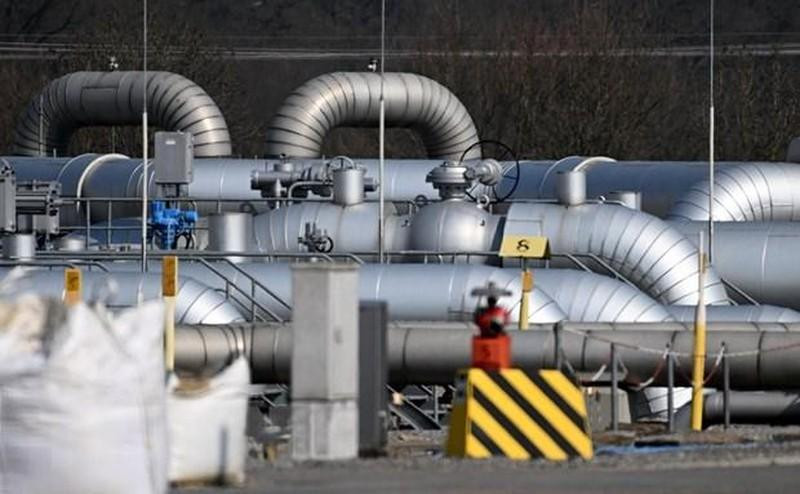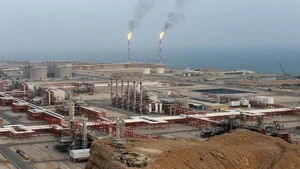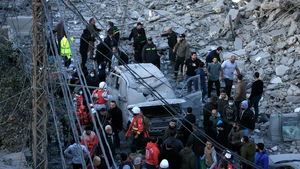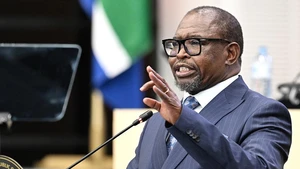The emergency summit of EU Energy Ministers took place in the context of a more serious and complicated energy crisis in Europe, with winter approaching, fuel prices still climbing and supply not improving.
In particular, the consecutive gas leaks that have occurred over the past few days on sections of the Nord Stream gas pipeline, an important fuel transport route from Russia to Europe, have made the continent's authorities even more concerned. Many countries have stepped up their security to protect their energy infrastructure.
In response to the urgent request to cool down the fuel price fever in Europe, the EC proposed a series of solutions, including three issues that the ministers focused on discussing at the meeting in Brussels: cutting electricity use in the bloc, imposing corporate income tax on energy companies and set a ceiling on wholesale gas prices.
However, the solution to impose a gas cap price is a complicated issue and not easy to reach a consensus on. In a document issued just before the summit, to share with EU member states options to curb rising energy prices, the EC warned that the solution to imposing a gas price cap is very complicated and entails risks to energy security.
According to the EC, the imposition of a wholesale price cap on foreign currency exchange transactions, including liquefied petroleum gas and pipeline gas, could disrupt the flow of fuel within the EU. Because price-related factors will not help bring gas to areas with high demand, or with scarce supply. Imposing a price cap is only effective in cases where there is an agency or organisation in charge of coordinating and allocating supply between countries.
Moreover, the EU will need large financial resources to ensure the competitiveness of member countries compared to other markets around the world, through which the EU can receive the necessary fuel supply. Because many other markets are willing to pay higher prices than the EU to buy fuel.
The EC assessed that the imposition of a cap on the wholesale price of gas could also disrupt energy supplies from the outside. To cope with the shortage of energy, the EC recommended applying many solutions, if the regulation on gas prices is limited, it is only applied on a limited scale, for example, with gas imported from Russia, or gas used for power generation to limit rising electricity prices.
The EC also recommends that member countries actively negotiate with close suppliers to reduce prices, or jointly negotiate to buy gas to get a good price and share unused supply.
Up until now, the Energy Ministers discussed the price cap on gas, and the member countries were still deeply divided, at least on the issue of how to apply it. According to the EC, France, Italy, Poland and 12 other EU member countries, said that the regulation of the wholesale gas price cap can help curb inflation. The remaining members, led by Germany, the Netherlands and Denmark, do not accept this option.
Hungary and Germany have repeatedly warned that the imposition of a price cap on Russian gas could trigger retaliatory action from Moscow, which does not exclude the possibility of Russia completely cutting off gas supplies to the EU. This is the most worrying scenario, especially affecting Central European countries, which receive Russian gas through the trans-Ukrainian pipeline.
There is also an optimistic opinion that at the moment, the amount of gas from Russia to Europe has decreased sharply, thanks to the efforts of many countries to reduce their dependence on supply from Russia. Therefore, the imposition of a cap price on gas does not have much impact on Russia. Moreover, the G7 countries also pushed to impose a price cap on Russian oil exports.
Moscow has repeatedly warned that it is unreasonable for Western countries to unilaterally set a cap price on Russian energy. The plans to impose a price cap on Russian oil or gas exports will fail and only bring instability to the West itself. The decision to impose a cap price on energy is not easy for the EU.
















